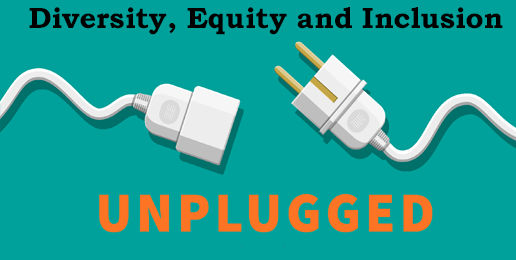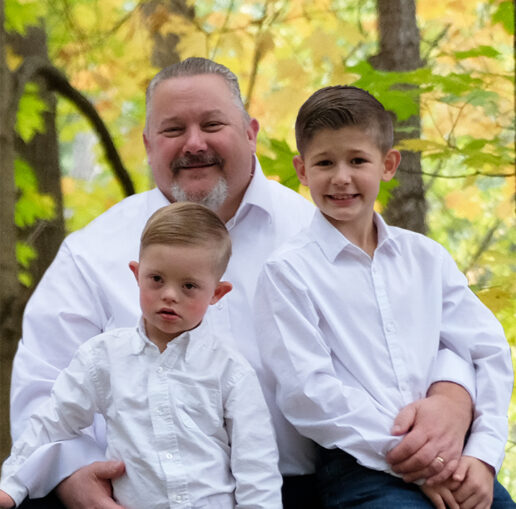
Our friends at Family Research Council just published an encouraging article titled, “All the Executive Orders Trump Signed on Day One.” Perhaps one of the more important edicts President Donald J. Trump signed was an order to end diversity, equity, and inclusion programs (DEI) in the federal government. The first section of this order states that:
The Biden Administration forced illegal and immoral discrimination programs, going by the name “diversity, equity, and inclusion” (DEI), into virtually all aspects of the Federal Government, in areas ranging from airline safety to the military. This was a concerted effort stemming from President Biden’s first day in office, when he issued Executive Order 13985, “Advancing Racial Equity and Support for Underserved Communities Through the Federal Government.”
In response, the Trump EO declares that federally mandated DEI “ends today,” asserting:
Americans deserve a government committed to serving every person with equal dignity and respect, and to expending precious taxpayer resources only on making America great.
According to a report released in December 2024, the federal government has spent more than $1 billion in DEI grants to public schools since 2021. This report also reveals that nearly half of the spending went towards hiring, another $340 million went to programming, and almost $170 million went to DEI-based mental health and social-emotional learning.
Why DEI Programs Don’t Work
According to the Pew Research Center, public opinion of DEI in the workplace has diminished since 2023, but a slight majority of Americans still think that DEI practices are “a good thing” that help rather than hurt minorities. But do they? According to a recent article in The Federalist, author Casey Chalk explains that DEI only exacerbates tensions between groups:
As much as DEI claims to celebrate individuals, it actually demands they fit into identitarian groups of either victim or victimizer. If you’re a racial or sexual minority — regardless of your wealth, profession, or social status — you get to be a victim and enjoy all the social and professional benefits of alleged victimhood. If you’re not, then regardless of what you’ve actually done or the amount of money in your bank account, you have to be the victimizer, which entails various forms of self-flagellation and public penance to atone for the sins of your identity group.
Another point fleshed out by Calk is critically important: DEI constructs an anti-American culture:
We’re talking about the adoption of an entirely different sociopolitical reality, with its own new language: cisgender, heteronormativity, microaggressions, intersectionality, allies, “women of color,” “co-conspirators” (white males who encourage DEI), and “covering” (hiding one’s true identity). This is an entirely different, un-American model for human interactions, one based not on neutrality and equality before the law but on a complex hierarchical system of grievance.
Calk goes on to expose the duplicitous nature of DEI, which claims “inclusion” while practicing exclusion:
DEI quite aggressively seeks to exclude those whose beliefs oppose its premises. Anyone who, say, believes homosexuality or transgenderism is immoral, or refuses to use someone’s “preferred pronouns,” is someone to be cast out, not included. Those refusing to acknowledge the systemic racism or patriarchal oppression of historical or contemporary America are also anathema. DEI is the epitome of exclusion and groupthink.
If we hope to become a society in which we do not judge each other by the color of our skin but rather by the content of our character, then we must bend our efforts to return to our roots as a meritocracy. In other words, each individual should be acknowledged based on their God-given skills, abilities, and hard work.
Moreover, if we teach and heed what the Word of God teaches us about how we are to treat each other, there will be absolutely zero reason to mandate diversity, equity, and inclusion programs. Consider Philippians 2:3, which is a key passage of Scripture that encourages treating others better than yourself. It states,
Let nothing be done through selfish ambition or conceit, but in lowliness of mind let each esteem others better than himself.
This verse emphasizes the importance of humility and putting others’ needs before your own, reflecting Christ-like character. Other related passages include Luke 6:31, which advises treating others as you would like to be treated, and of course, Matthew 22:36-40 in which Jesus tells us that the two greatest commandments in the Law are
“‘You shall love the Lord your God with all your heart, with all your soul, and with all your mind.’ This is the first and great commandment. And the second is like it: ‘You shall love your neighbor as yourself.’ On these two commandments hang all the Law and the Prophets.”
Sadly, the two most important commandments given to us by Almighty God are widely ignored. Human nature is inherently selfish. Thomas Hobbes, in his work “Leviathan,” (1651) claimed man is not naturally good but a selfish hedonist, driven by unenlightened self-interest. But anyone who reads the Bible and is honest with himself knows that. In 2 Timothy 3:1-4, we are warned that in the last days:
men will be lovers of themselves, lovers of money, boasters, proud, blasphemers, disobedient to parents, unthankful, unholy, unloving, unforgiving, slanderers, without self-control, brutal, despisers of good, traitors, headstrong, haughty, lovers of pleasure rather than lovers of God…
This problem—our sin condition—is why we need a Savior. It is why we are required to die to self and live for Christ (Romans 6:11; Galatians 2:20; Luke 9:23). Only through the Holy Spirit’s work in our lives can we do this and be changed for the better and, inch by inch, become more like Jesus:
And do not be conformed to this world, but be transformed by the renewing of your mind, that you may prove what is that good and acceptable and perfect will of God.
These Biblical principles can guide each of us to a fulfilling life of peace and productivity. They could turn the culture around. But only if we heed God’s instructions and seek to do His will on earth, as it is in heaven.






















